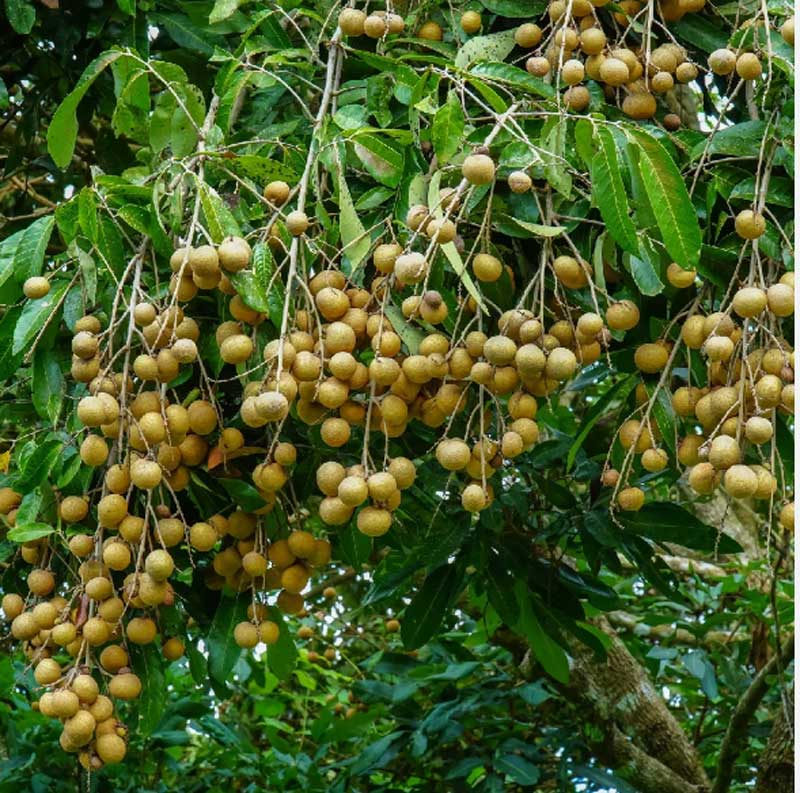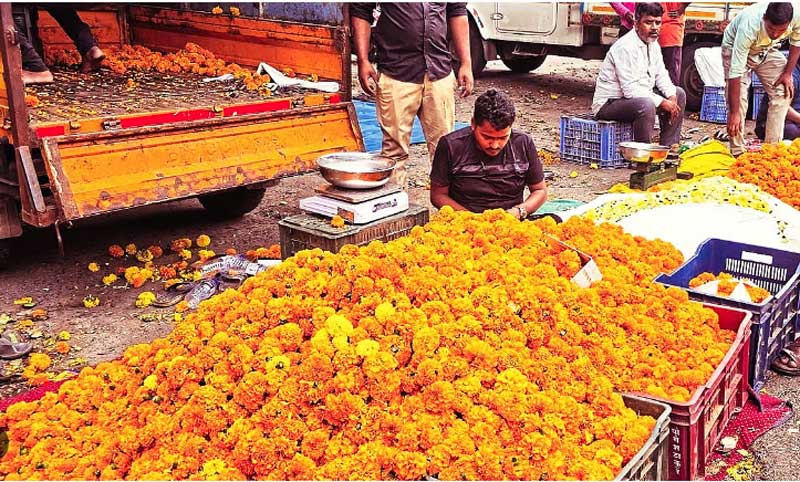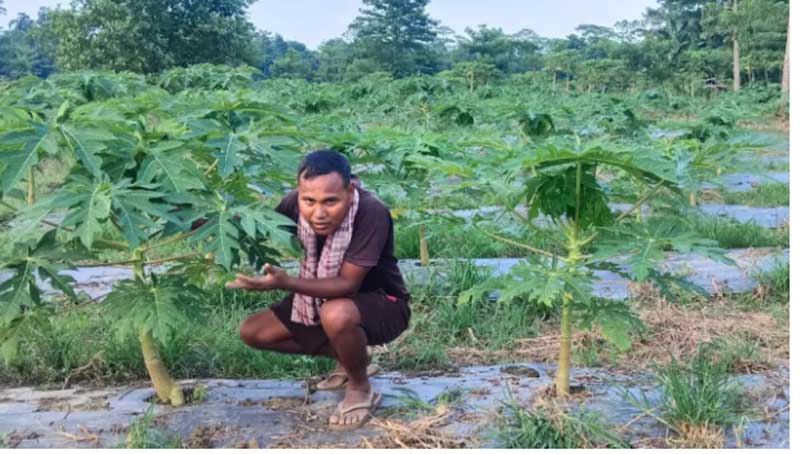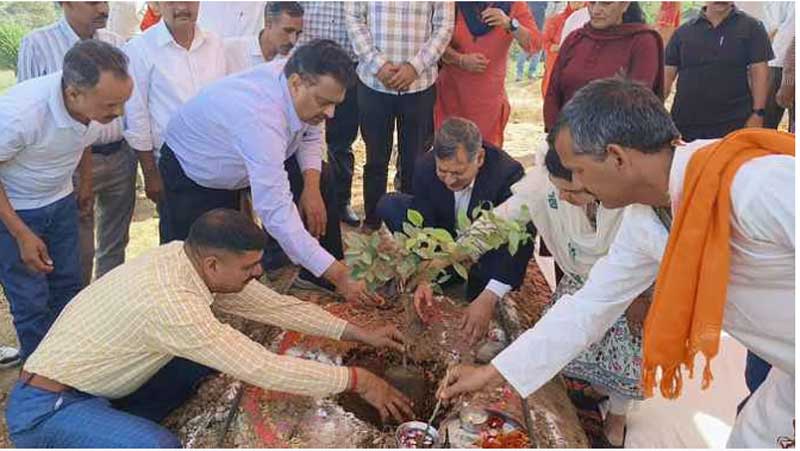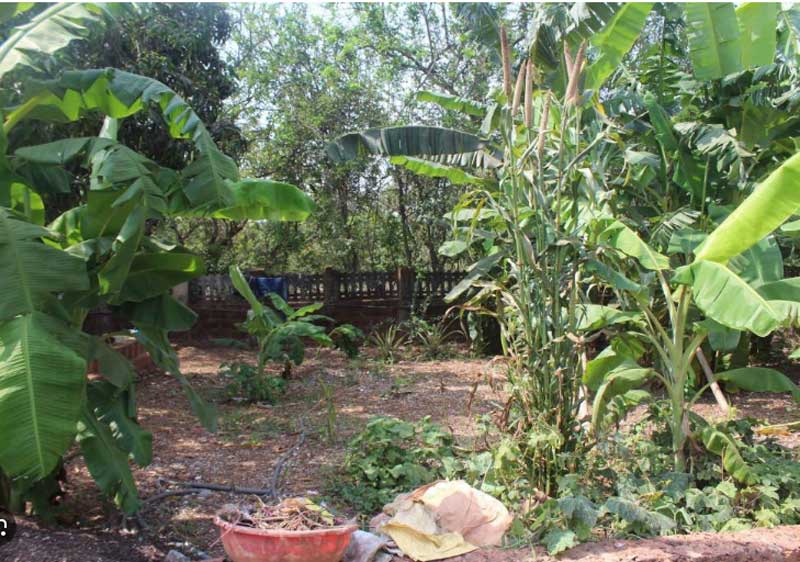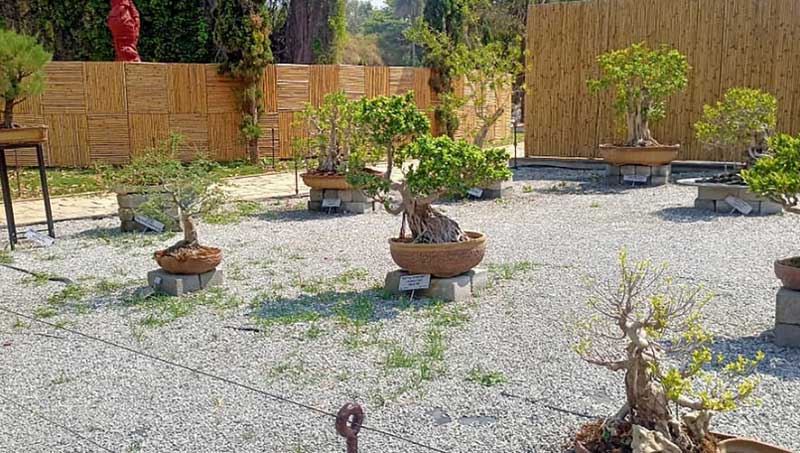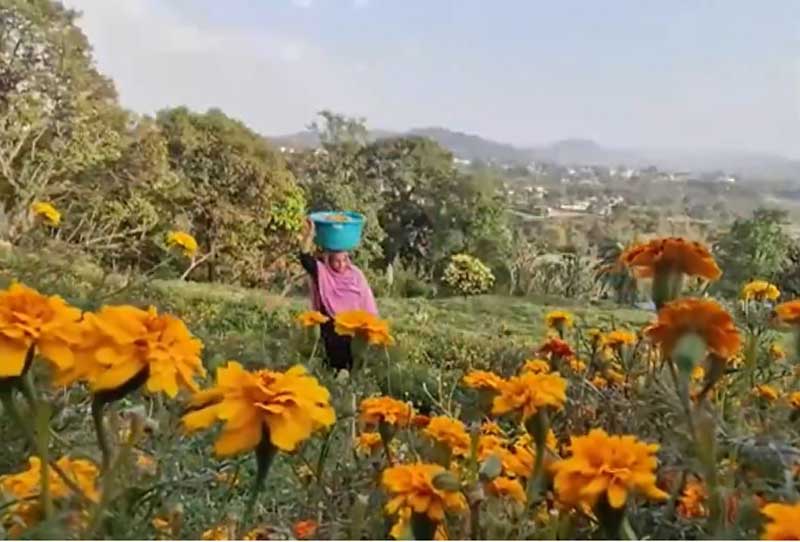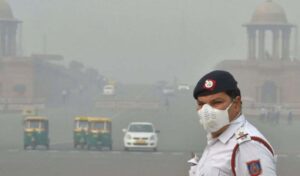Delhi’s crackdown on polluting vehicles, collecting Rs 260 crore in fines
New Delhi: Delhi authorities have taken a hard step to mitigate severe air pollution, penalizing more than 2.6 lakh vehicles due to a lack of valid Pollution Under Control Certificates (PUCC), resulting in the collection of Rs 260 crore in fines in just 50 days. The government remained strict in all four stages of the GRAP system; authorities showed no leniency or relaxation to the vehicle owners.
The action was taken under the Graded Response Action Plan (GRAP) from October 16 to December 6. The Delhi government’s Environment Department issued 260,258 challans. A stage-wise breakdown is given below:
- Stage 1 (October 16-22): 12,756 challans
- Stage 2 (October 22-November 14): 1,11,235 challans
- Stage 3 (November 15-17): 13,938 challans
- Stage 4 (November 18-December 5): 1,14,089 challans
The restrictions were relaxed to Stage 2 on December 5; since then, cases of 2, 8,240 more challans took place. A motorist caught without a valid PUCC is fined Rs 10,000.
Also Read: PM Modi lays foundation stone for Maharana Pratap Horticulture University
Delhi’s AQI crossed 450 marks on November 17; this was the year’s first “severe plus” category reading. After that, the AQI went up to 494, the second-worst in six years. In this situation the government imposed Stage 4, the highest level under GRAP. Under this measure there was a complete ban on non-essential trucks entering Delhi (with exceptions for trucks carrying essential goods or using clean fuels like LNG, CNG, BS-VI diesel, or electric vehicles). Restrictions on non-essential light commercial vehicles from outside Delhi, except for EVs and CNG/BS-VI diesel vehicles.
The harsh step was taken to address the national capital’s rising air pollution levels. The situation became ‘severe plus’; smog blanketed the entire city. Delhi residents were rushing to hospitals amid pollution-related diseases, schools shifted to online mode. The situation has improved, but challenges are ahead because a lot is needed to do to overcome the poor air quality of the city.

